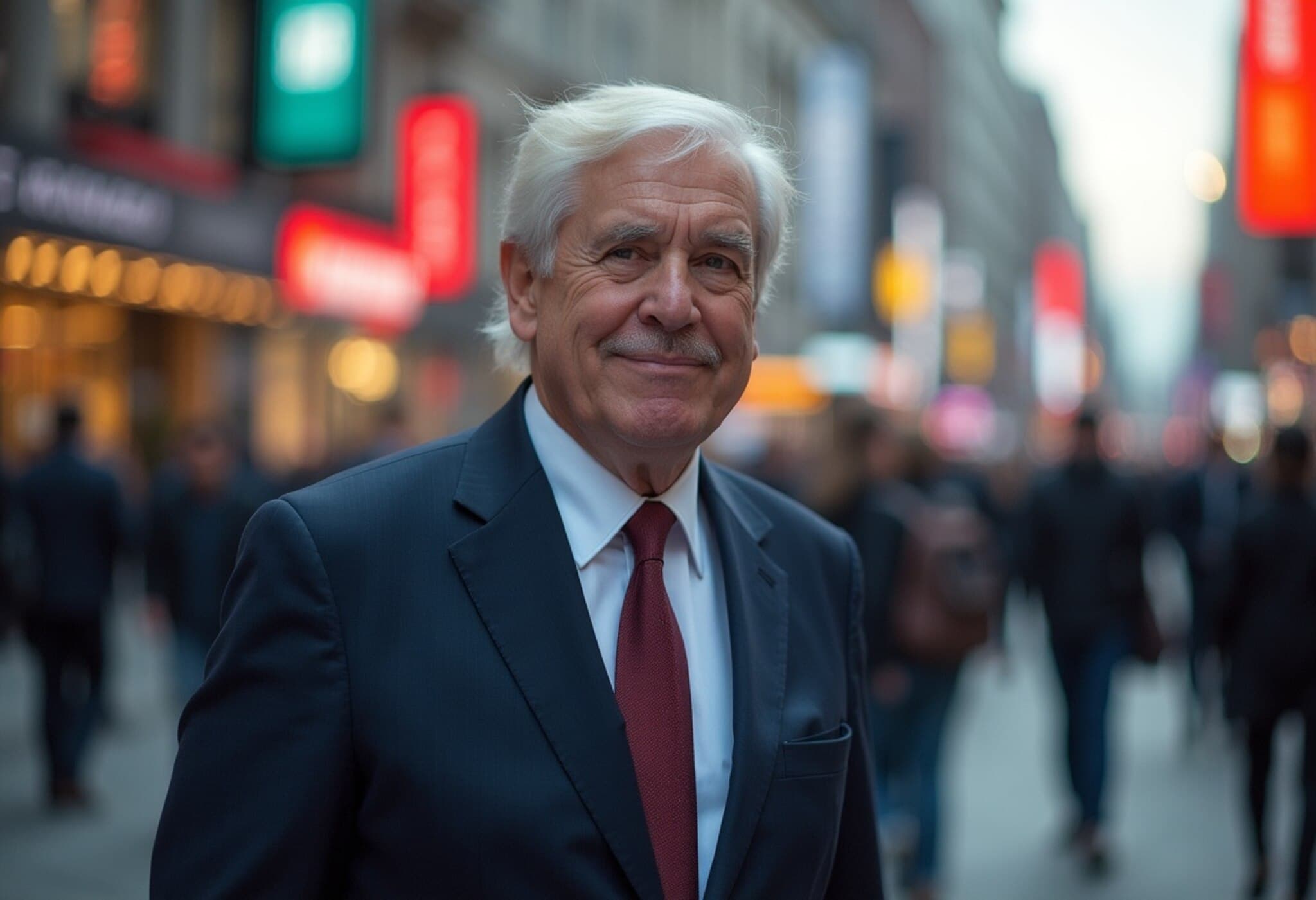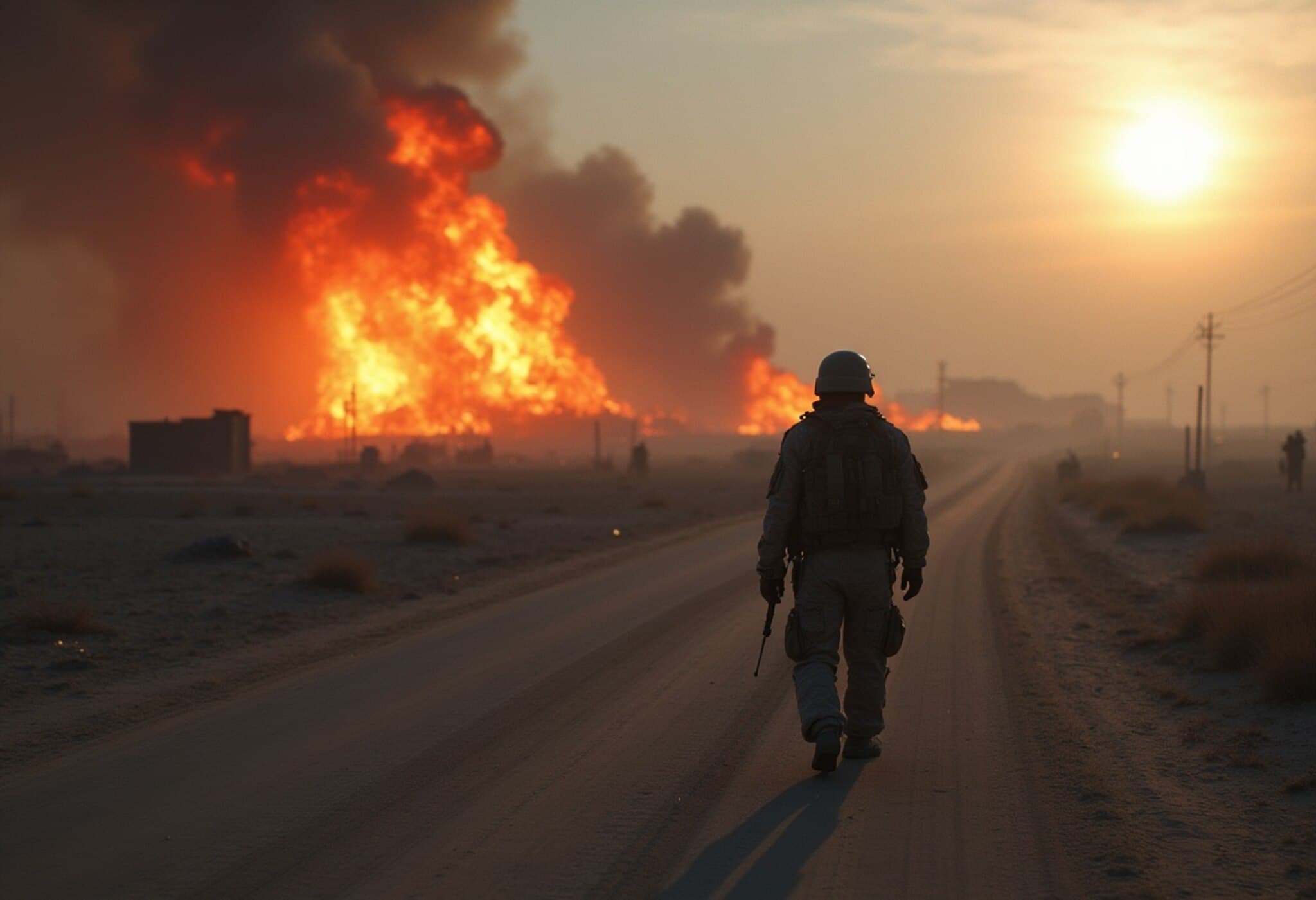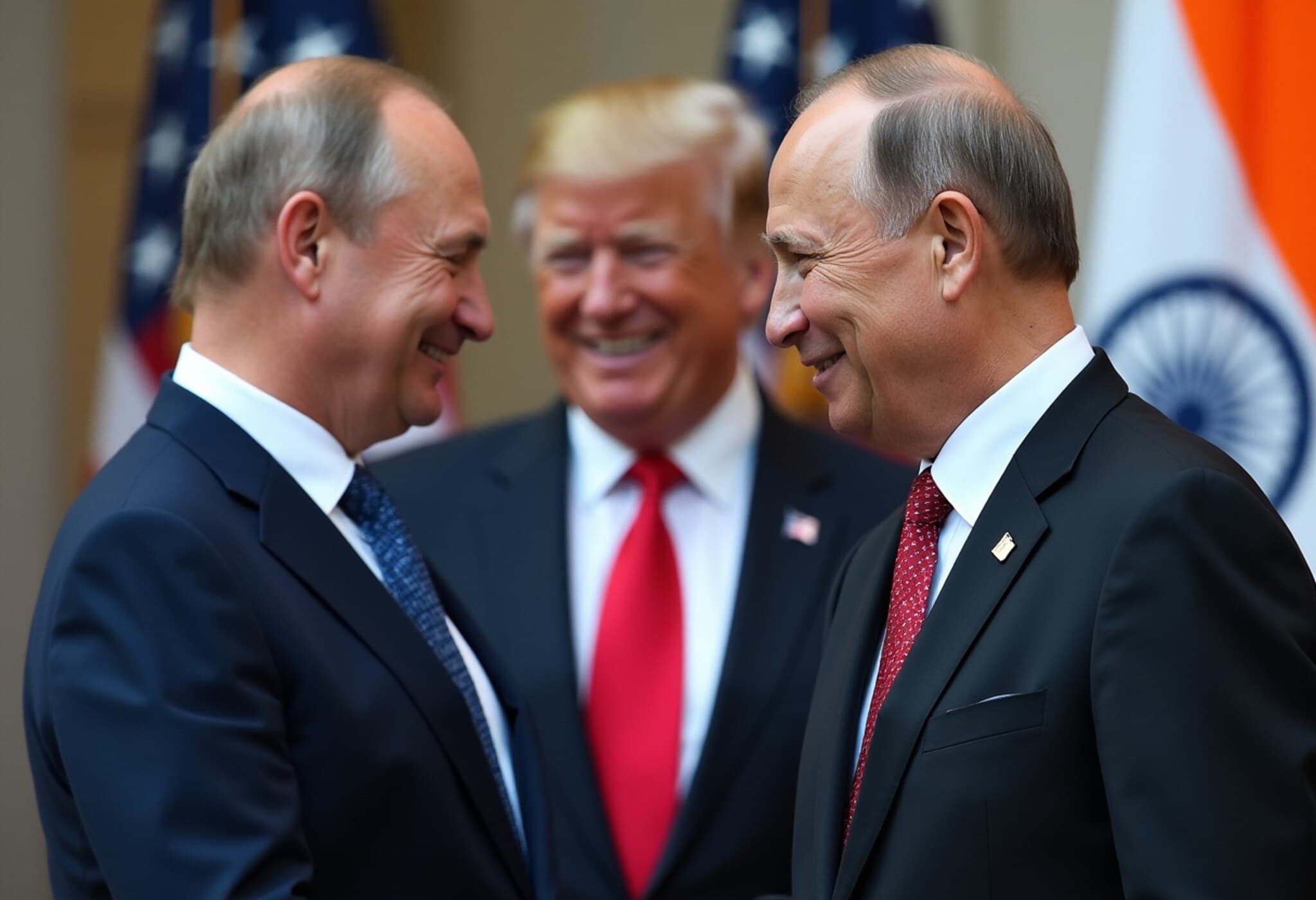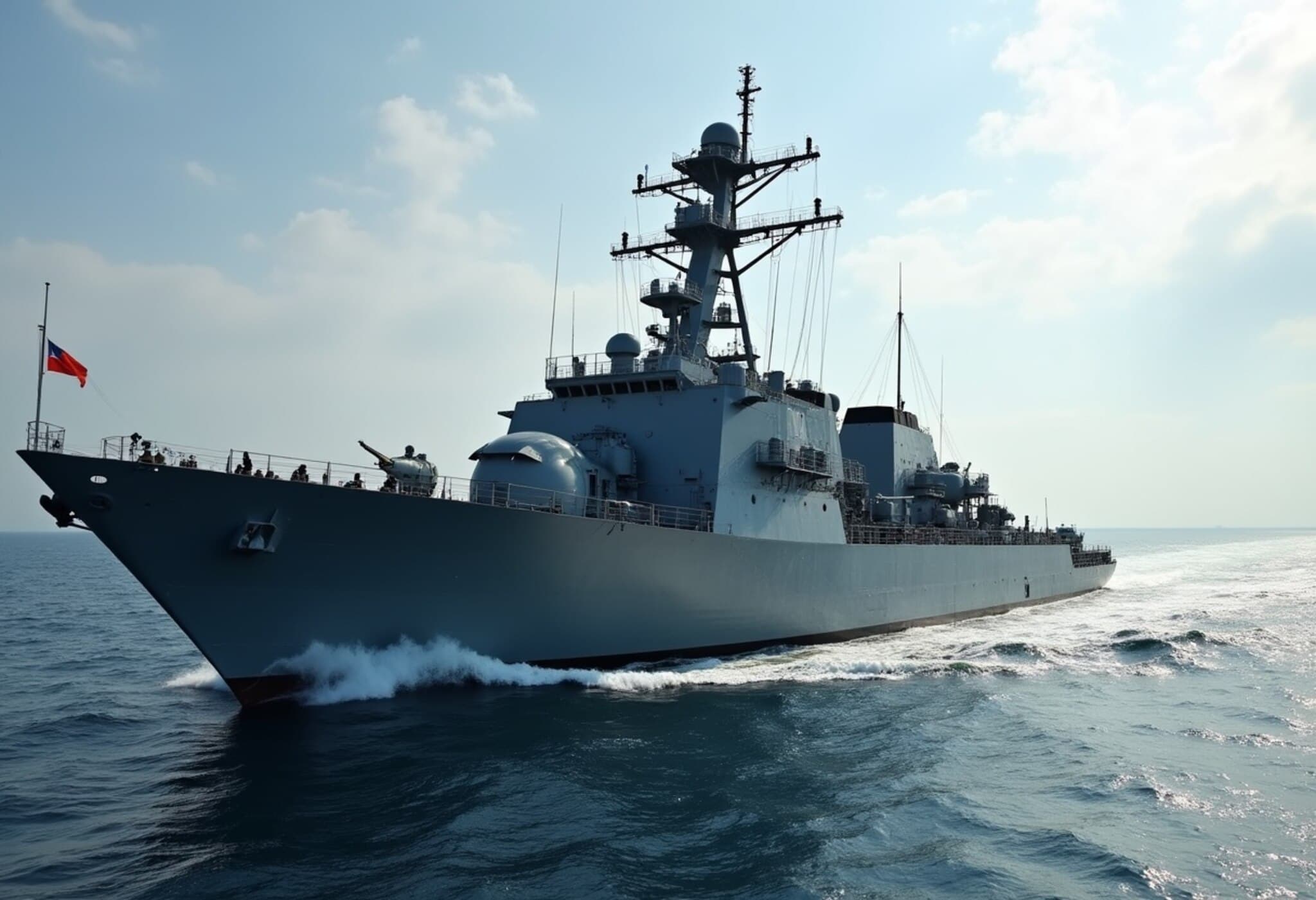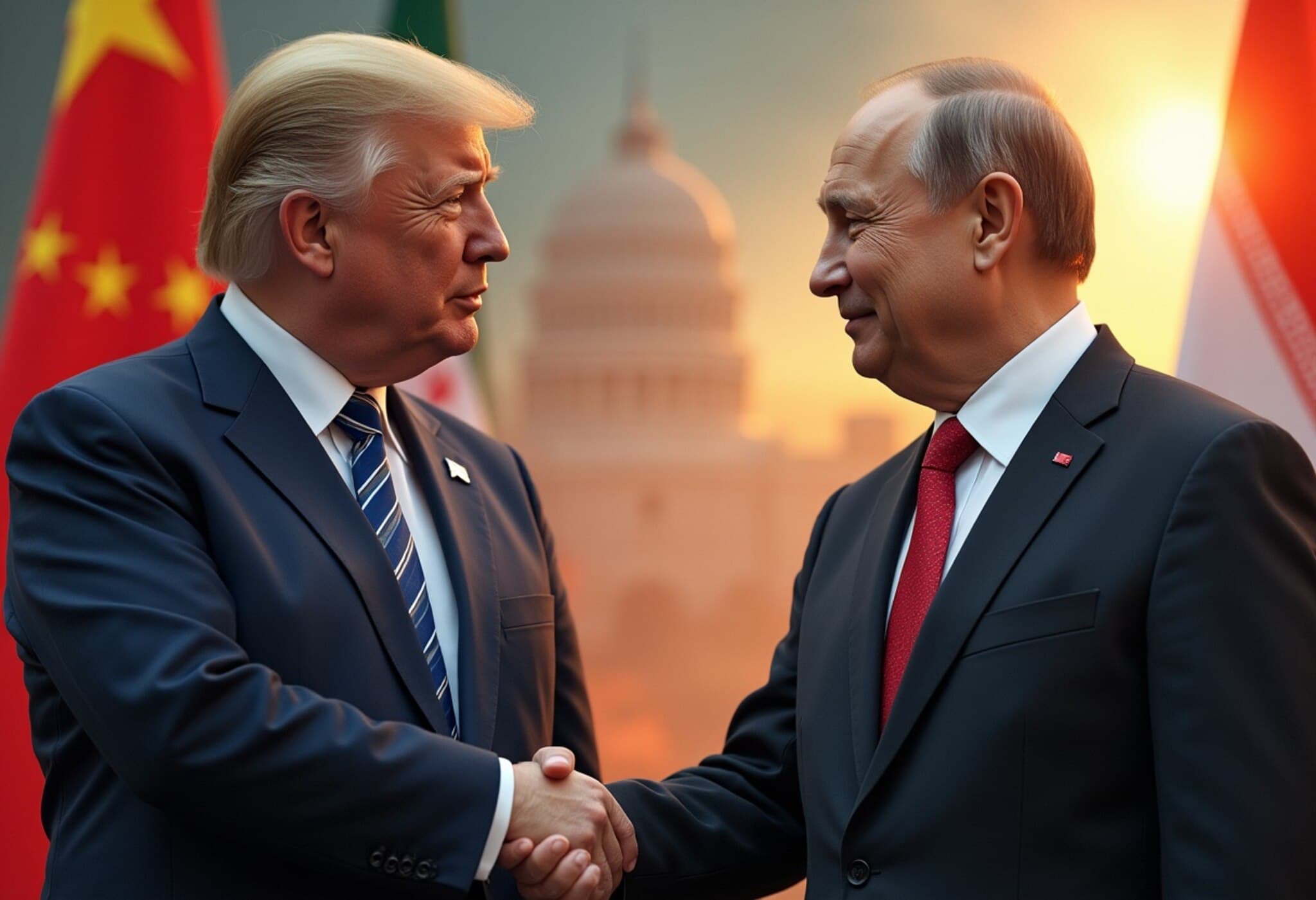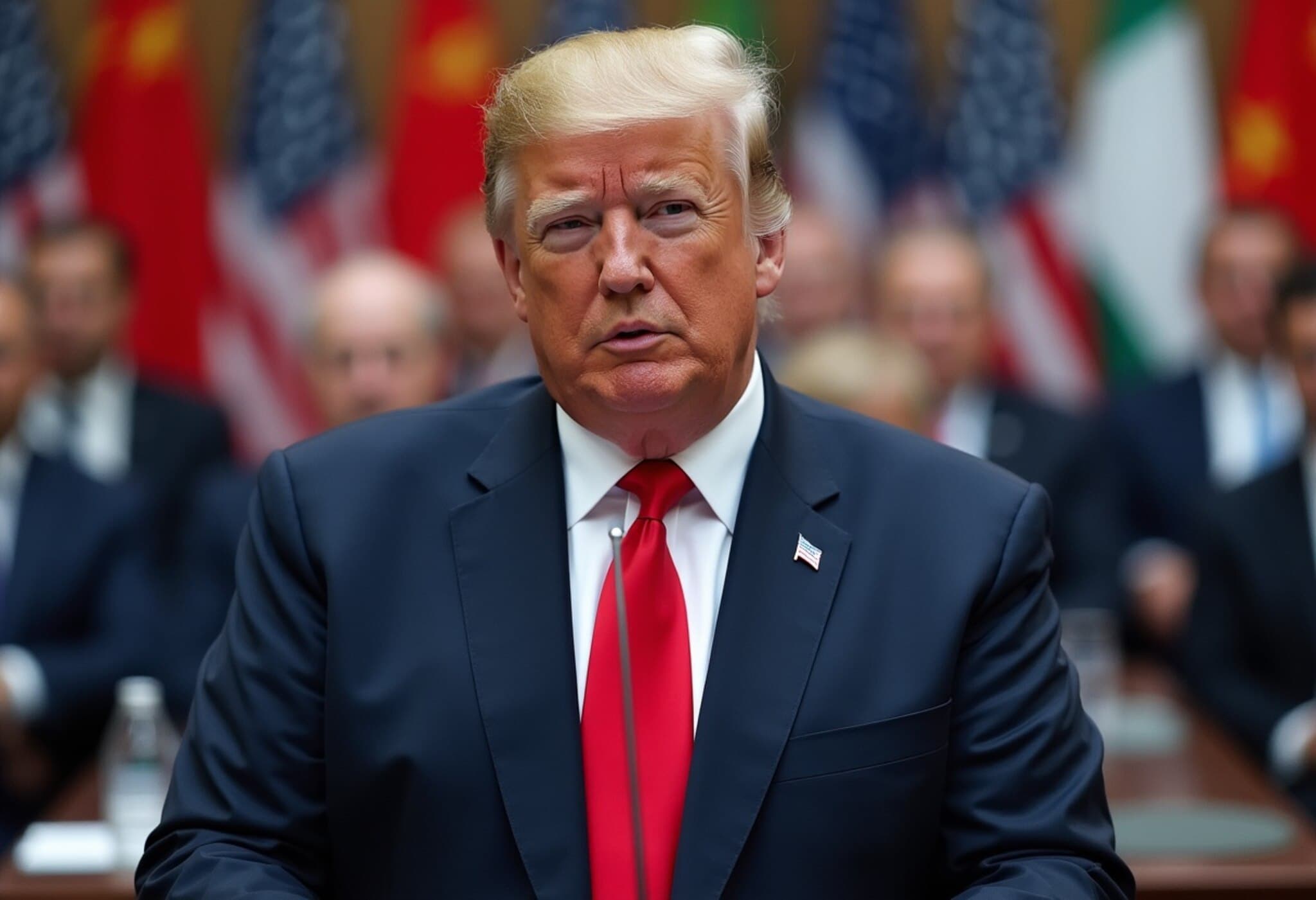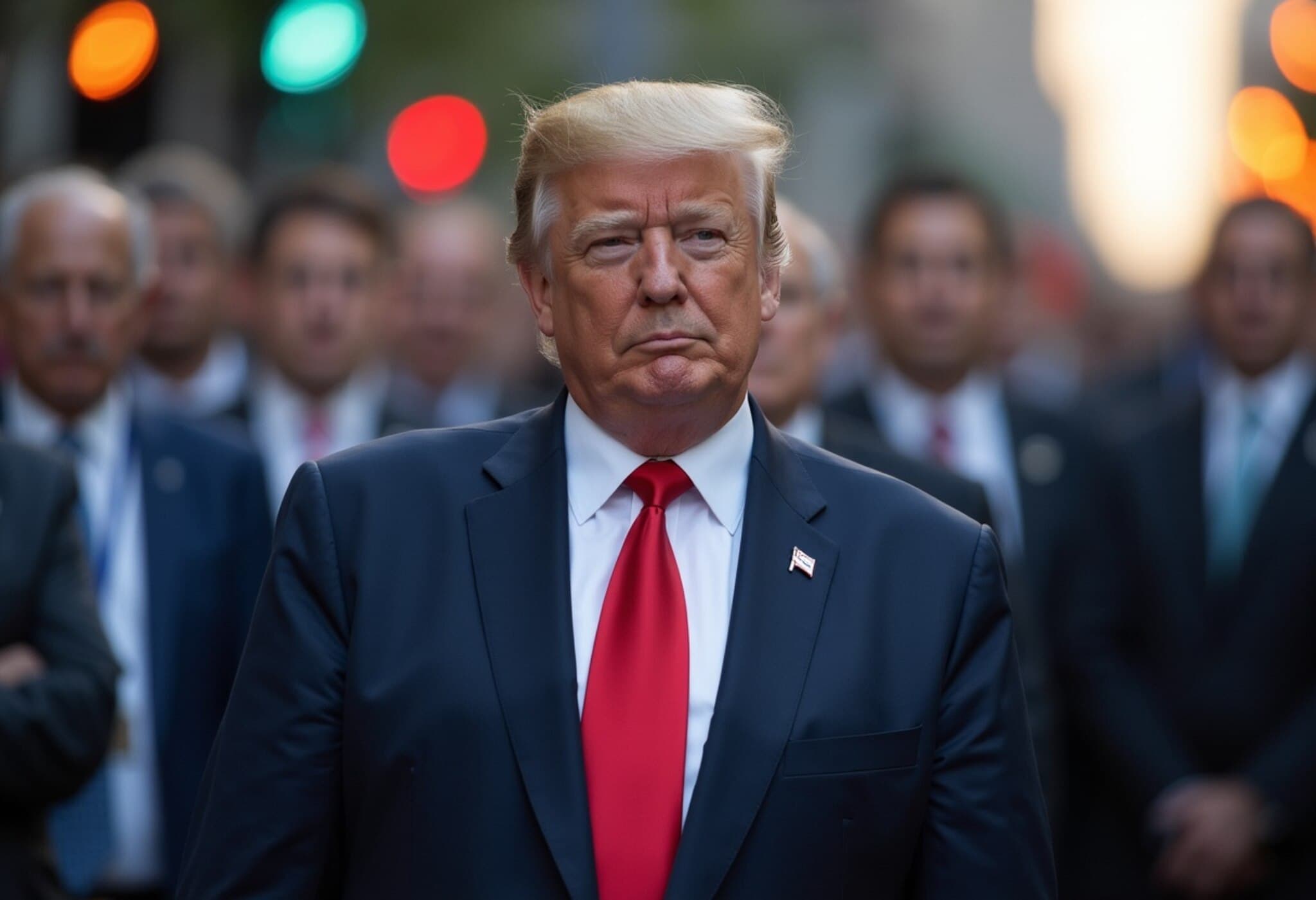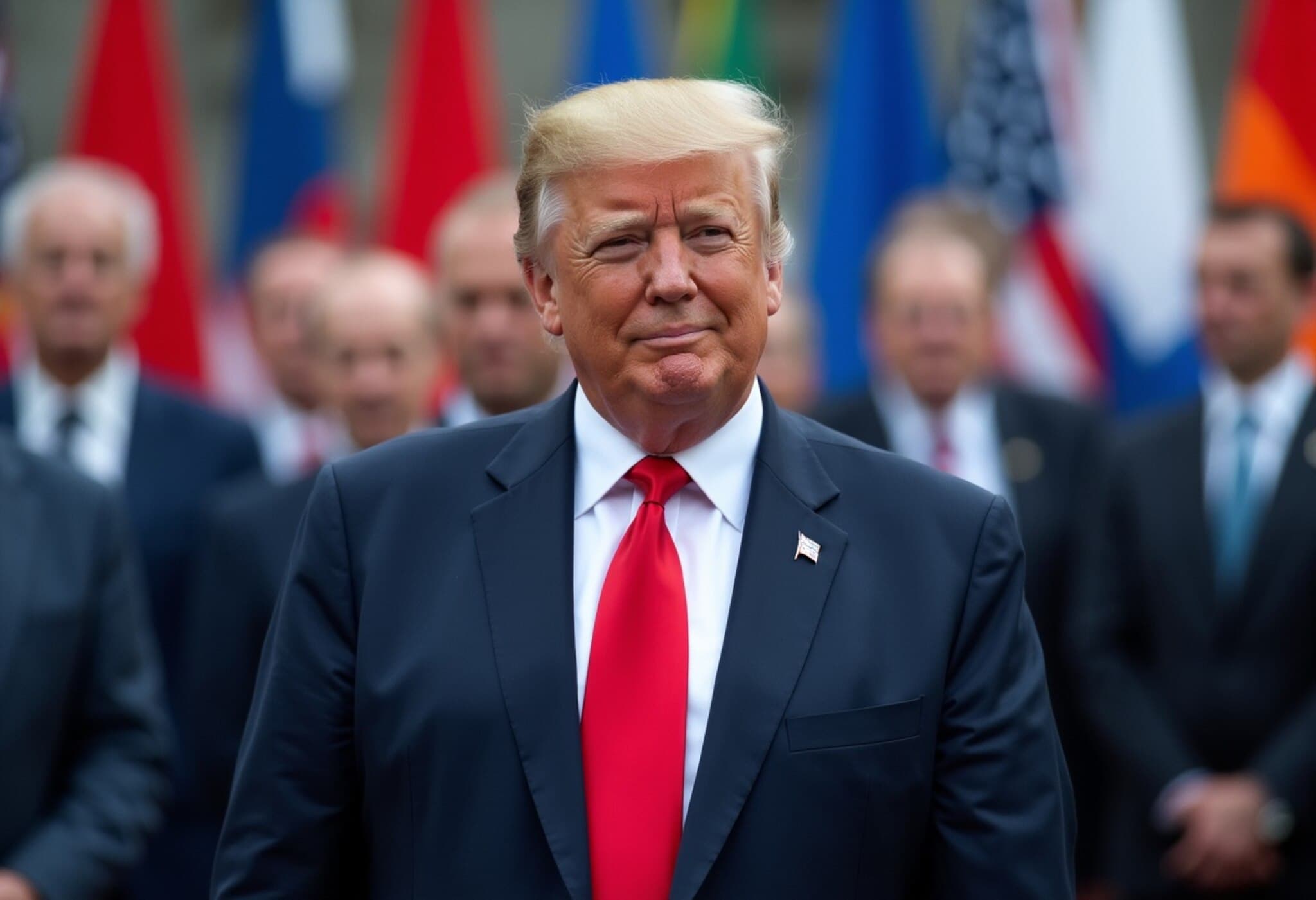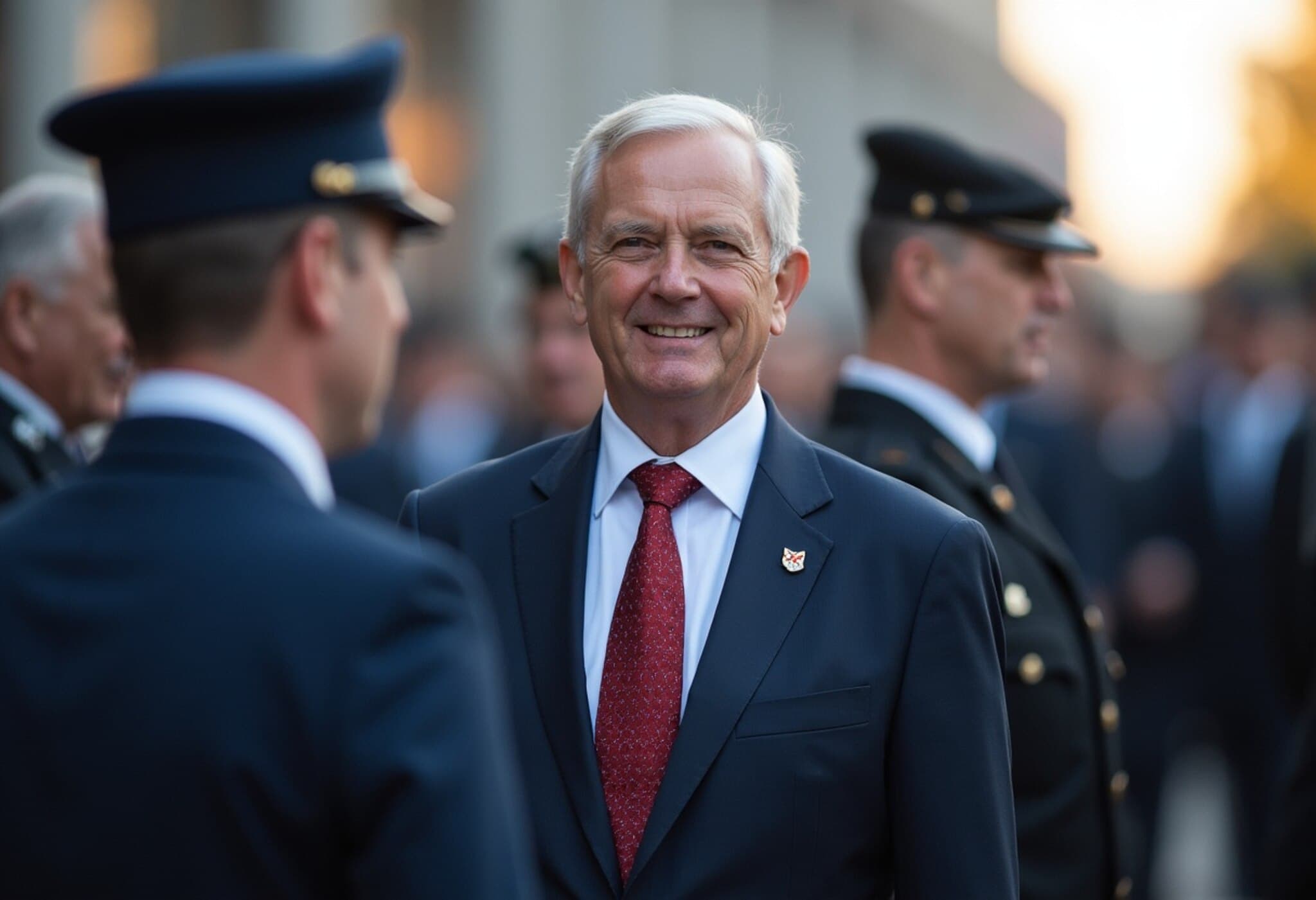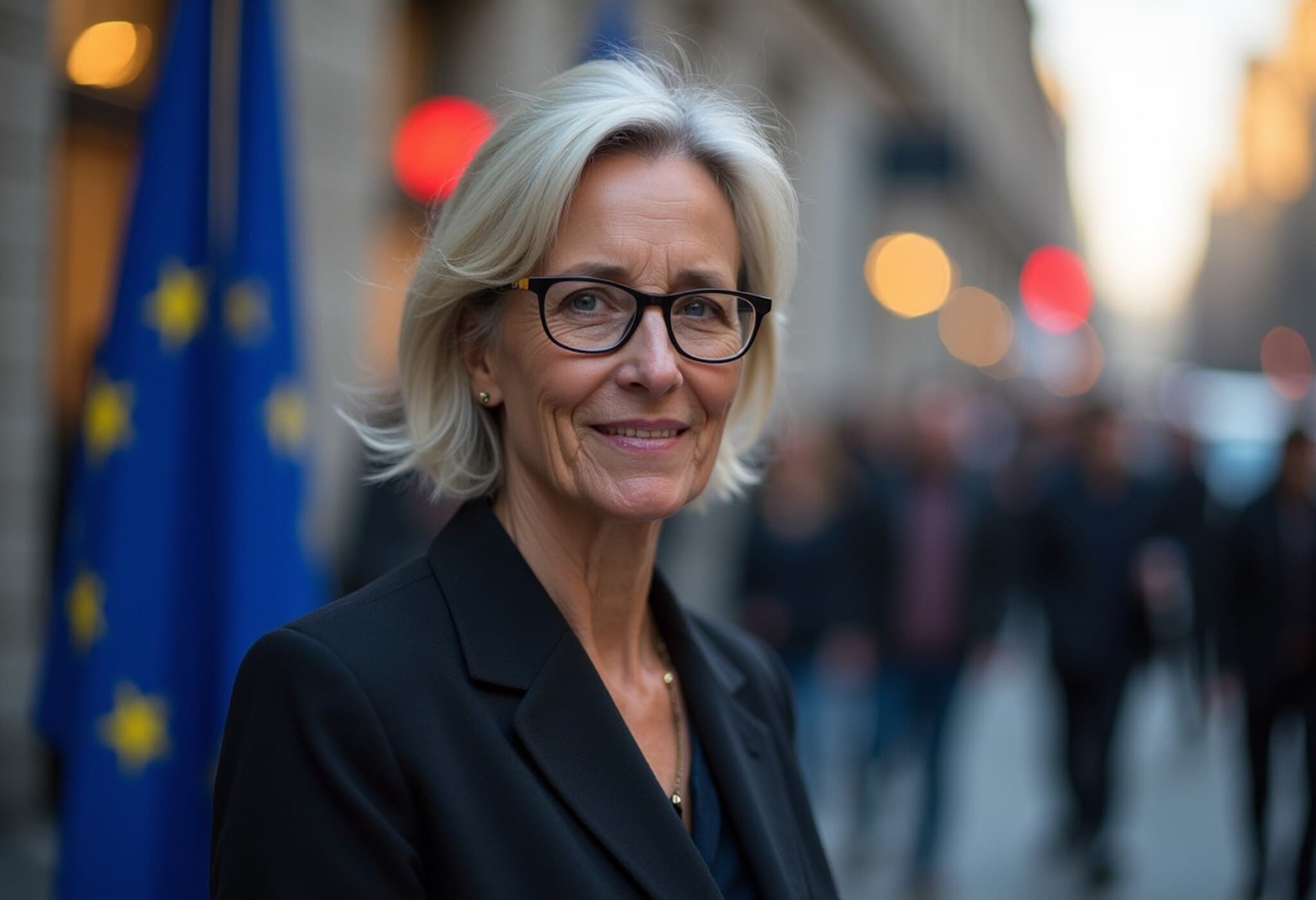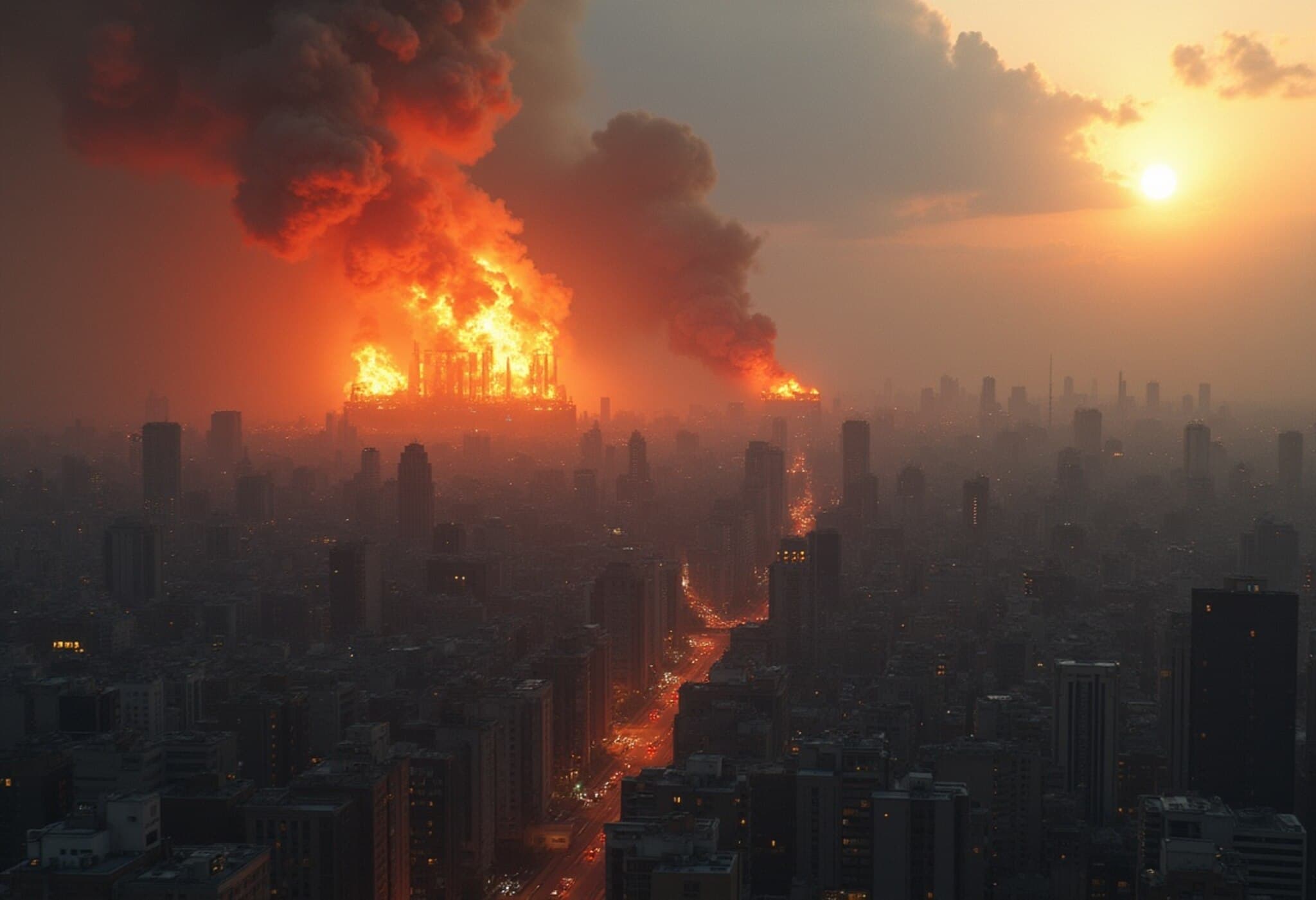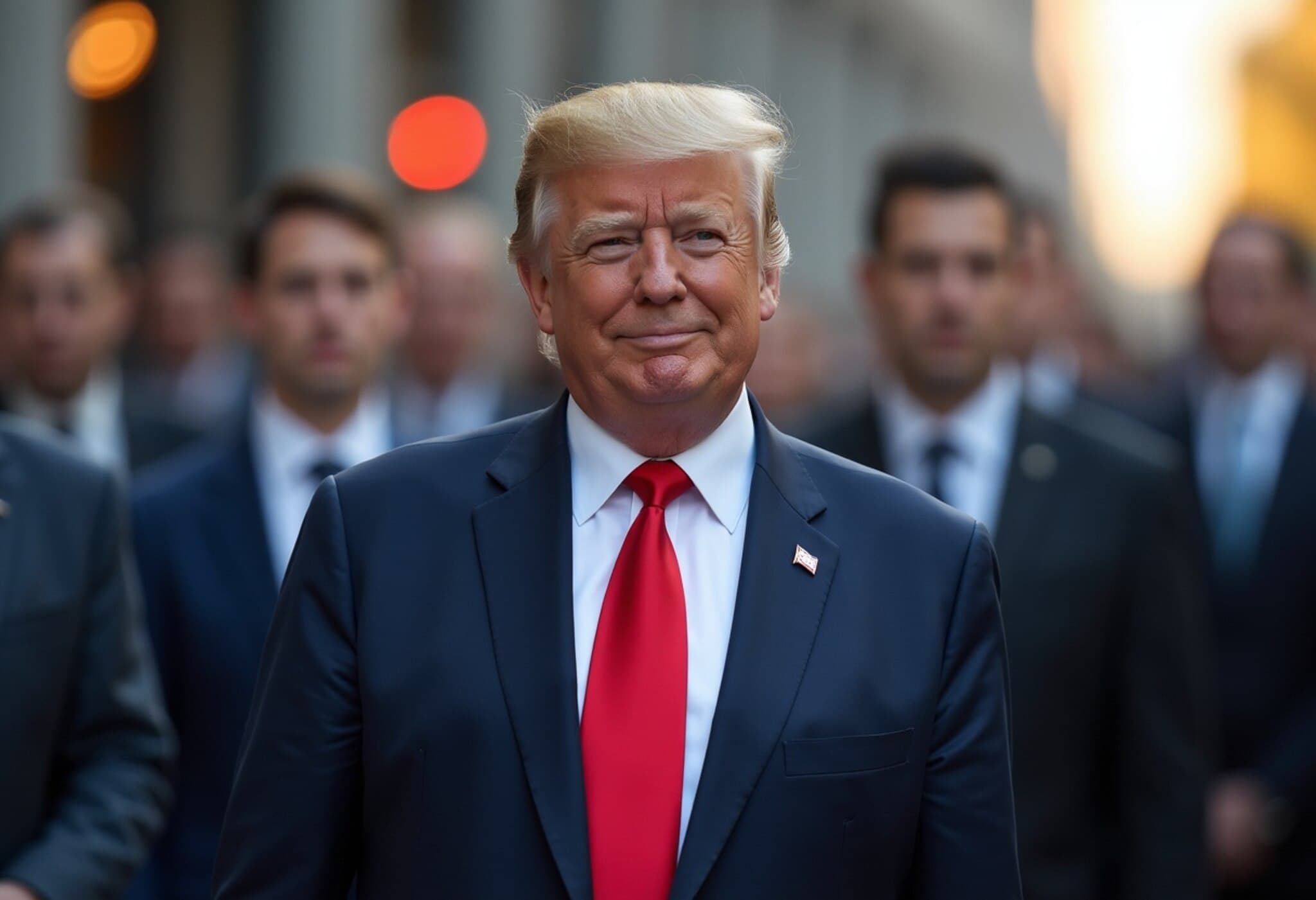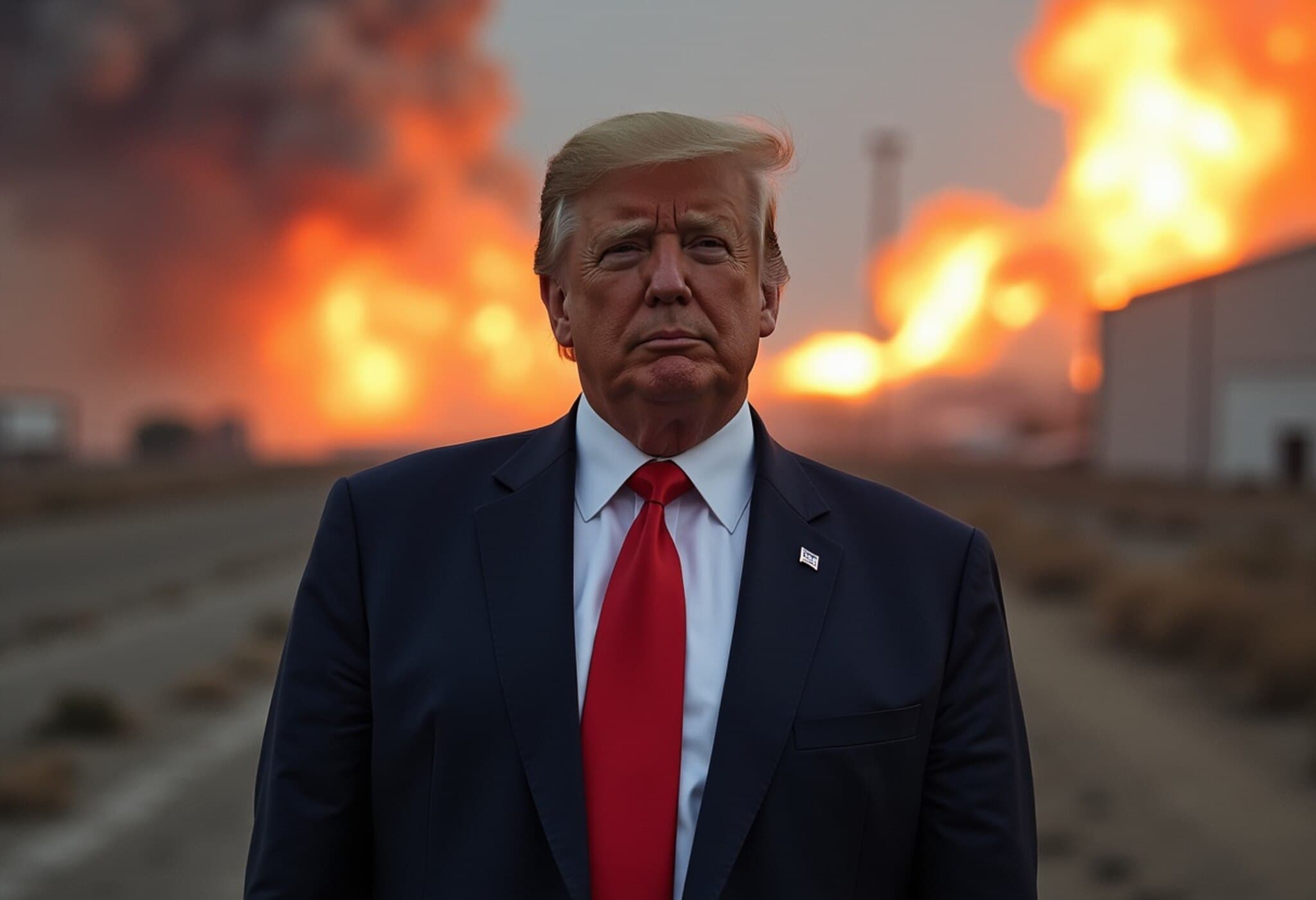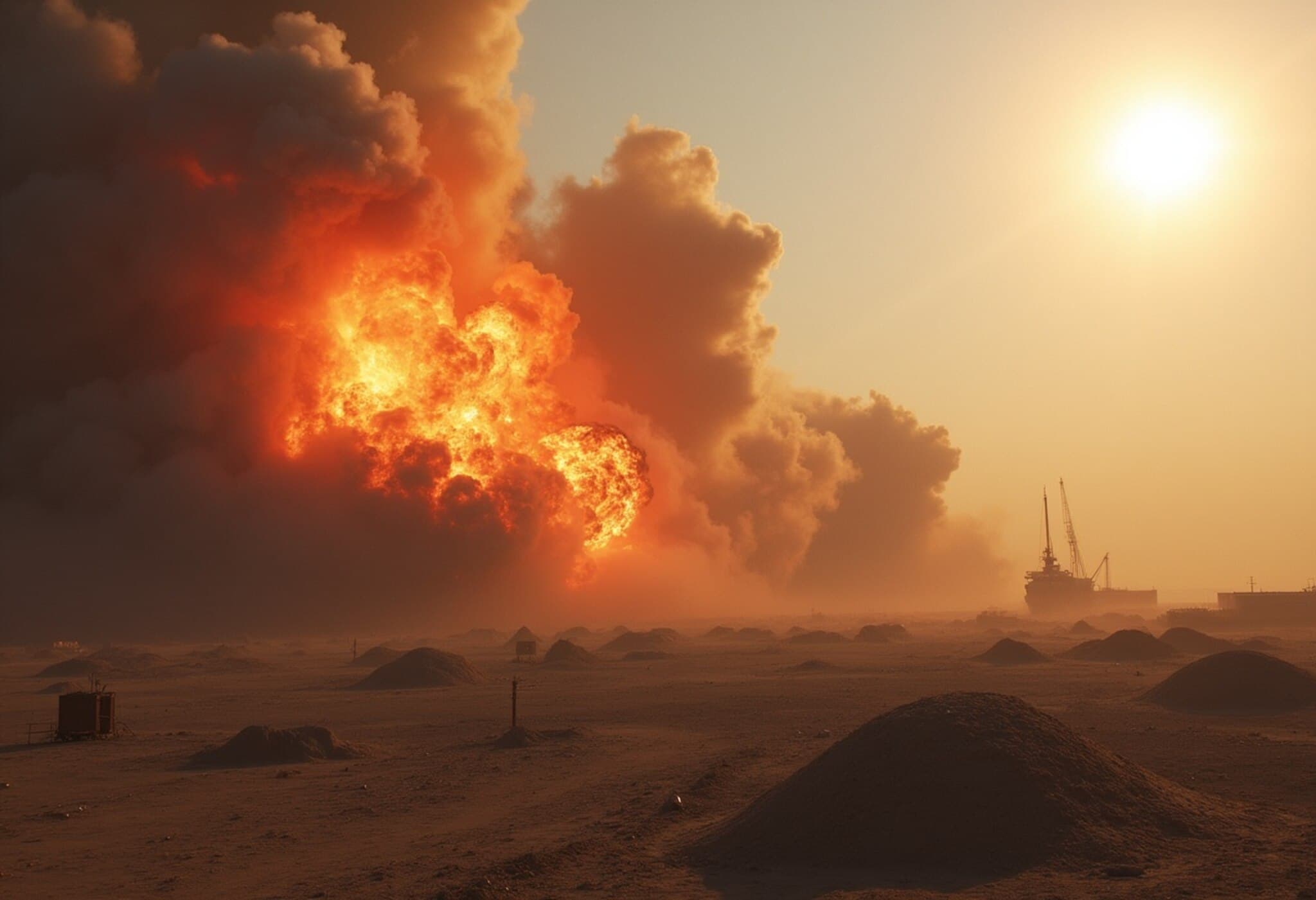Upcoming Key Global Events to Watch
After a turbulent week for global markets, tensions sparked by recent U.S. strikes on Iran’s nuclear facilities are expected to influence geopolitical and economic dynamics in the days ahead. Alongside this, three major events stand poised to shape international policy and investor sentiment: the NATO summit in The Hague, Summer Davos in Tianjin, and Germany’s Day of Industry.
NATO Summit in The Hague: Defense Spending Under the Microscope
On Wednesday, NATO leaders will convene in The Hague amid escalating pressure from U.S. President Donald Trump, who is anticipated to urge European nations to ramp up their defense budgets. Despite increased military spending across Europe since previous years, disagreements persist—especially as countries like Spain label the 5% of GDP defense spending target as unrealistic.
The ongoing conflict in Ukraine adds complexity, while rising tensions in the Middle East, particularly between Israel and Iran, further strain international relations. U.S. Ambassador to NATO, Matthew Whittaker, has made it clear that the U.S. expects allies to take their defense commitments seriously, emphasizing that the 5% spending goal is non-negotiable and essential for 21st-century military capabilities.
U.S. Strikes on Iran: A Significant Escalation
Saturday night saw the U.S. launch strikes on three Iranian nuclear sites—an unprecedented direct military action against Iran. President Trump characterized the operations as a complete obliteration of the country’s key enrichment facilities, though these claims remain independently unverified.
Iran’s Foreign Minister Abbas Araghchi condemned the strikes as “outrageous”, warning that the country retains all options to defend its sovereignty and interests. This development is set to cause ripples across global markets as investors reassess risks linked to Middle Eastern instability.
Summer Davos: Trade Tensions Amid Technology Talks
Across the globe, the Chinese city of Tianjin hosts the World Economic Forum’s Meeting of New Champions, commonly called Summer Davos, from Tuesday to Thursday. The event focuses heavily on technological innovation, unfolding against a backdrop of delicate China-U.S. relations with ongoing trade negotiations.
While the U.S. has extended the deadline for Chinese-owned TikTok’s divestment until September, recent trade discussions in London ended in a stalemate, with U.S. Commerce Secretary Howard Lutnick affirming that current tariffs on China are unlikely to change anytime soon. This leaves delegates and corporate leaders eager for clearer signals from both Washington and Beijing.
Germany’s Day of Industry: Economic Optimism and Challenges
Domestically, Germany kicks off its Day of Industry conference on Monday and Tuesday in Berlin. This annual event sets the stage for highlighting the country’s economic policies and trade strategies. Updated forecasts from four major economic institutes project positive GDP growth for 2025 and 2026, painting Germany as the engine driving Europe’s recovery.
Chancellor Friedrich Merz recently engaged with U.S. officials without provoking the tensions encountered by other global leaders, but German industries face hurdles. Notably, the domestic auto industry reports losses nearing €500 million ($576 million) due to ongoing U.S. import tariffs, underscoring the fragile balance between economic growth and external trade pressures.

